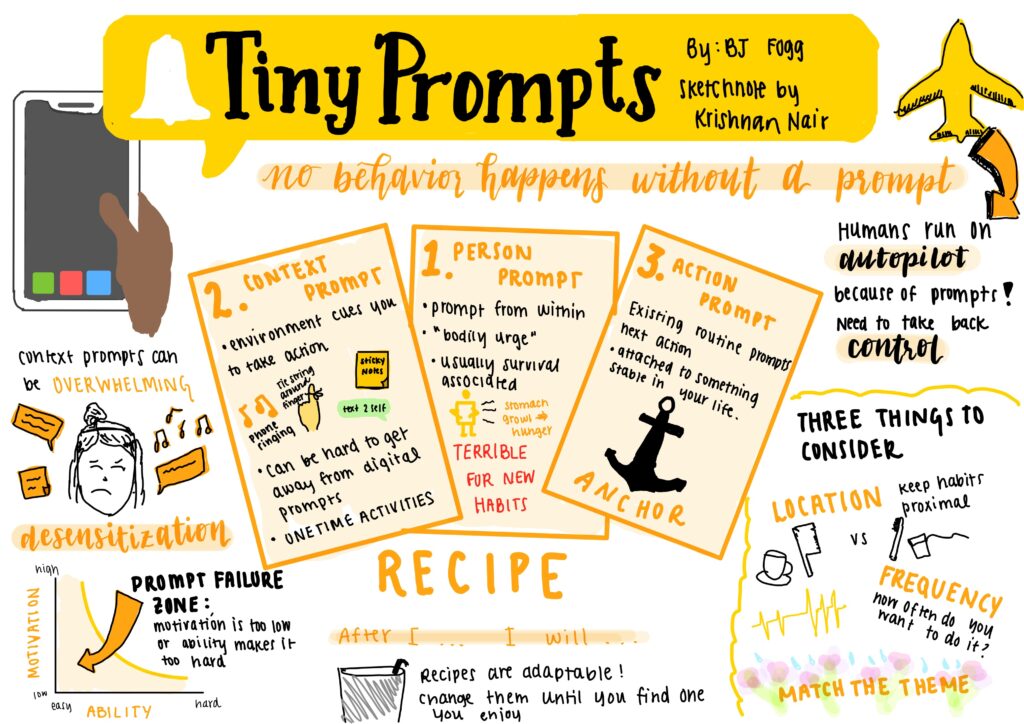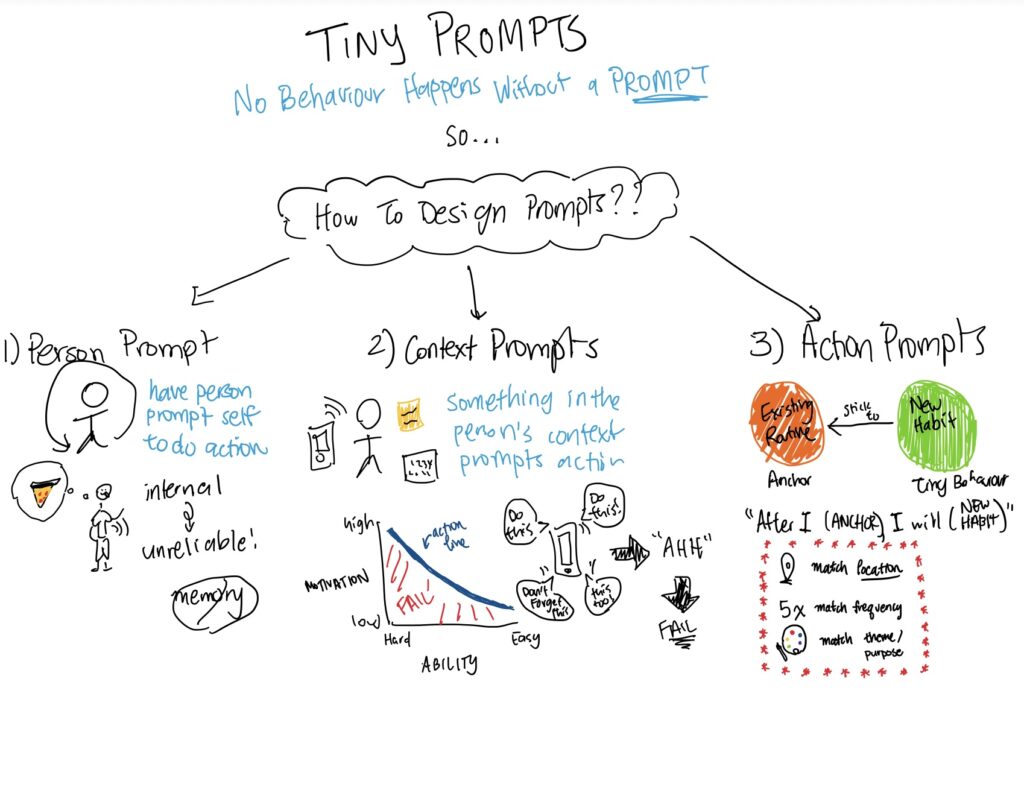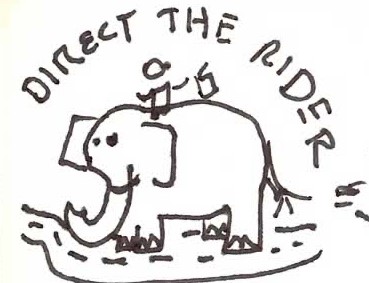I have two young children, a wife, and go to school full time. Balancing the needs of this trifecta often results in unhealthy levels of stress. During peak stress times, a drink (or two) immediately relieves the surmounting pressure. Having a drink here and there when life gets overly chaotic, to many, is acceptable. However, after monitoring myself*, on two days after having one drink, and two days where I did not have a drink, I have found that even one drink causes a vicious cycle, resulting in larger repercussions than the direct, negative effects associated with alcohol such as the detriment it causes to your liver, heart, pancreas, brain and immune system.
The first side effect of one drink was a disruption to my sleep schedule. I fell asleep just fine, but on both days in which I had a drink, I woke up in the middle of the night around 3 a.m. and was unable to fall back asleep until 5 a.m. or so. I slept until 6:30, the time I typically wake up, but it did not feel like quality sleep. It felt like I transitioned in and out of sleep during this time period.
Upon my alarm clock ringing, otherwise known as my two-year old son, I was not ready to wake up. I immediately experienced additional side effects from a drink the night before – I was poorly rested and irritated. Having no other choice, I got out of bed and started the day. As I monitored myself, I noticed that my poor mood persisted not only during the chaotic morning routine of getting my two children ready for the day but also throughout the entirety of the day. Unfortunately, the feeling of tiredness does not go away until you rest. Having a family with young children and a pile of assignments to complete is a situation that does not allow for me to get additional rest just because I need it.
After dealing with family needs and dropping my eldest son off at school, I began my studies for the day. On both days after a drink, it was apparent that I had difficulty focusing as well as I typically do. Without the ability to focus well, I became less productive. My work did not get completed as fast as I originally anticipated, so my levels of stress increased.
I also noticed a decline in the clarity of my memory. I pride myself on my memory in certain regards such as the ability to traverse mentally through algorithms, summarize readings, and recall data. When I began my programming practice for the day, I found it difficult to recall the algorithms I had been studying. When I began writing assignments, I spent lots of time re-reading the articles I already read. This wasted valuable time. As deadlines drew nearer, stress increased.
Directly after class on both Thursday and Tuesday, I biked to pick up my son from school. Once back home, all my energy was spent on getting dinner prepared, helping my kids get showered, and resolving disputes over who got which toy first. This is the point during the course of the day, on all four days, in which I felt stress reaching a peak levels. I felt exhausted, frustrated, and anxious about how I was going to finish all my assignments. On the two drink days, the drink immediately eliminated all these negative feelings. But the immediate gratification resulted in significantly worse days.

On the other two non-drink days, my stress levels in the evening after dinner were so high that I needed an outlet to alleviate the intensity. I opted for ginseng and caffeine. The combination of the two substances increased my mood and lowered my stress levels. Despite having caffeine at night, it did not affect my ability to fall asleep or disrupt the quality of my sleep through the night. The following days were more productive, my memory was clearer, and my mood was improved.
From this experience, I realized one drink had ramifications far beyond the drink itself and that the healthier alternative, ginseng and caffeine, created a positive cyclic relationship. In the future, when my stress levels get painfully high, I will be more aware of the method I use to reduce stress.

*To monitor myself, I tracked my mood and productivity levels every 2 hours rating them on a scale of 1 to 5. A score of 1 represented extremely low and a score of 5 as extremely high. I also noted the amount of sleep I got each night in hours. Additionally, I noted the quality of sleep I felt I got after waking up on the same scale as mentioned above. The evenings with one drink were Wednesday and Monday. The days without one were Thursday and Saturday. I wish I had written down a short description of what I was doing and where I was doing it at the time so I could also evaluate better how much the task and environment affected my mood and productivity.




